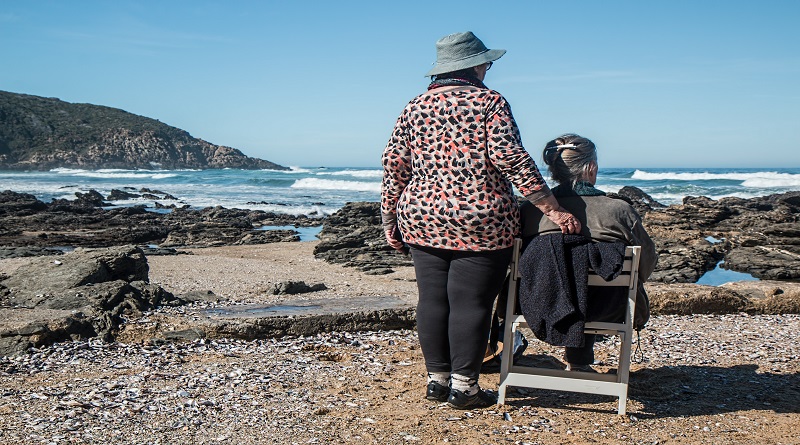Social care is a very important aspect for the lives of many in aiding, assisting, guiding and helping those who need it most.
If you are looking for a degree and career in helping others, social care could be right up your street. We have information below that might guide you in the direction you are looking for.
What is social care?
Social Care refers to the professional care to vulnerable people and groups of all ages such as those with special needs or who experience disadvantage or marginalisation. Social care workers plan and provide the care necessary for each individual to challenge, support and guide them to reach their full potential.
What 3rd level courses are available?
Universities and colleges in Ireland are offering courses in the following subject areas:
- Health and social care
- Social Care Practice
- Preparing to work in Home-Based Childcare
- Training and Development
- Supporting and Working with Families
- Autism, Wellbeing and Positive Behavior
- Community Care
These are just a few examples of the many courses that are available. You can see more here.
Studying social care in college
When working as a social worker, there are a number of routes you can follow. You can take an academic social science course and combine that with a professional social work training. You can also take an undergraduate degree in a relevant social science subject and follow on your study at postgraduate level.
Undergraduate courses in social care are generally either three or four years long. Like most courses, the first year of a social care course will cover the basics such as a general introduction to the world of working as a social care worker. Specific course content will differ from course to course and possibly university to university. In universities such as NUI Galway, there can often be an option to complete the first year, receive a certificate in social care and leave the course to pursue their career through a different route. Should you wish to continue on, you will receive your Bachelor of Arts Degree.
Second year of these courses will focus massively on your skills and build on your understanding of social care that you learned in your first year. You will also look into theory and develop your own theoretical ideas and base work on them.
Your last year or two will dive deeper into the world of social care and you will be able to put your theory and knowledge to the test and apply it practically. You will take on work placement as well as a dissertation in a particular area of your choice that interests you in the area of social care.
There are many different courses in the area that will all differ in their specific layout and content but above is a general overview of an undergraduate degree in Social Care.
Career options
Many who have a degree in Social Care go forward to become social care workers. It is important to note that while social care workers have a similar title to social workers, they are not the same. While both provide important service, together they provide two different slides of the coin. Social care workers work through their clients problems by using a strengths-based, needs-led approach.
As a social care worker you can expect to work children and adolescents in residential care or those who are leaving their care, elderlly individuals, those who have special needs, homeless people and addicts. You will carry out different tasks such as dressing, cleaning, feeding, exercising, general daily activities and tasks as well as toileting and helping with medication.
Skills and traits that are important in this include strong communication skills, interpersonal skills, ability to work well with others, a passion for helping, caring, understanding, empathetic, time management and organisation skills.
Others who graduate with a degree in this area may use it to take a postgraduate degree in the direction of nursing, palliative care nursing, teaching social work, healthcare management or community and youth work, for example. You may also go forward into research.
Related jobs
- Social care worker
- Social worker
- Community worker
- Counsellor
- Nursing
- Youth worker
- Healthcare worker
Further study
Visit postgrad.ie for more information.
FAQ
What do I need to get into a social care course?
Different courses and different colleges will have different entry requirements. It’s always safest to check with the individual higher education institution which is available on their websites. As a general rule Leaving Cert students should have a minimum of six subjects which should include: Two H5 (Higher Level) grades and Four O6 (Ordinary Level) grades or four H7 (Higher Level) grades. Subjects must include Mathematics, Irish or another language, and English.
The highest points for a social care course last year was 400 points in TU Dublin. Points in different colleges and universities varied from 181 to 400, the lowest points in LYIT.
There are many QQI Awards accepted in social care or relevant areas to the course you’re looking to search for.
There are some courses that may only require the relevant skills as well as some experience in a relevant role such as a care assistant.
Where can I study?
You can explore your options here.
Did you know?
- Public funding accounts for 73% of all health spending in Ireland.
- Citrus fruits are believed to be effective in reducing blood pressure.
Resources












Comments